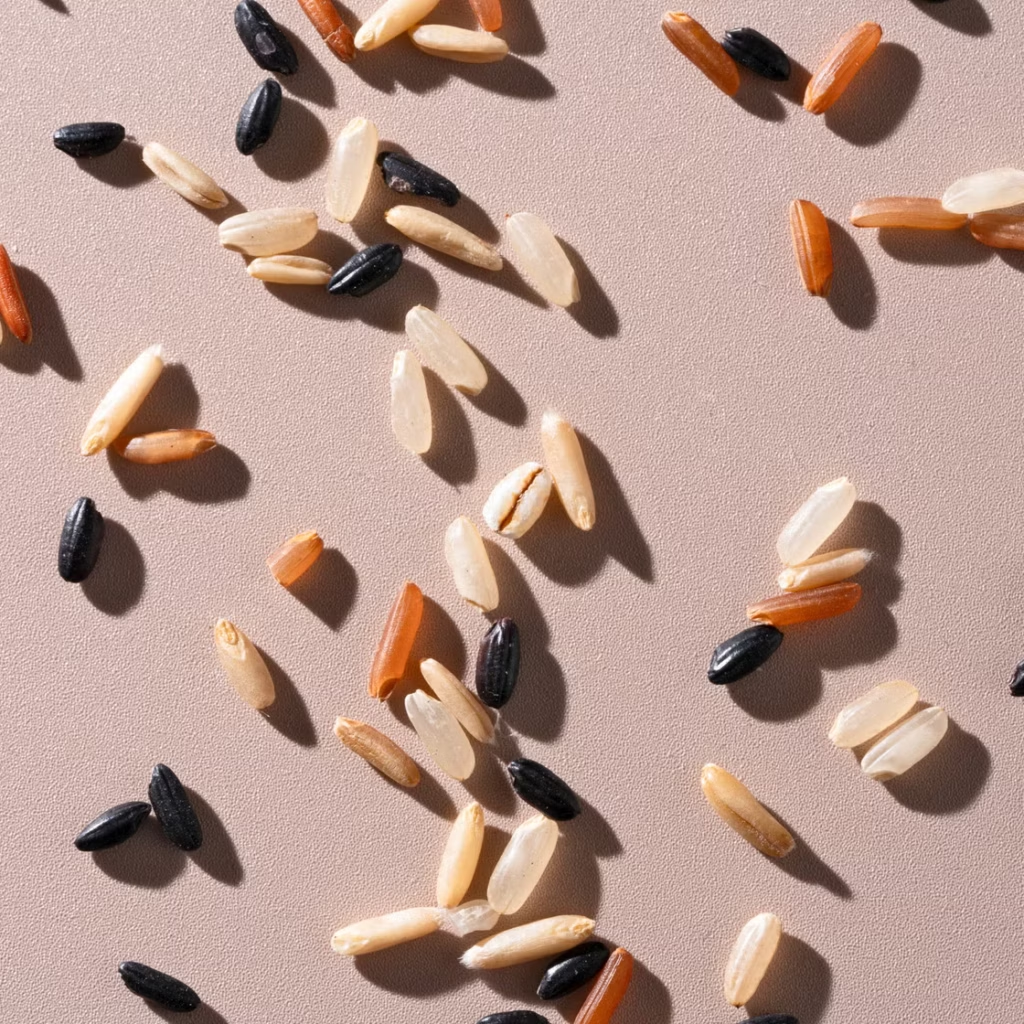Best New Way: Semaglutide. Yes, a drug.
Weight-loss medications – from fen-phen and Belviq to the Brazilian Diet Pill and ephedrine – have a chequered history, with many turning out to be ineffective, addictive or otherwise harmful. But experts are calling the US approval of semaglutide for weight loss a game changer. The drug, a weekly injectable, is approved for those who are medically categorised as obese or overweight – they have a BMI of 30 or more – or who have a BMI of 27 or higher and at least one weight-related health ailment. (In Australia, for now, it is approved as a treatment for type 2 diabetes only.)
In lower doses, semaglutide has been used for many years to control type 2 diabetes; in this higher dose, it was found to act on the brain and reduce appetite. It’s the most effective prescription drug for weight management so far – people lost about 15 per cent of their bodyweight in 17 months, according to University of Pennsylvania research that was published in the New England Journal of Medicine. People on a placebo lost about 2.5 per cent of their bodyweight.
The efficacy numbers are welcome news in this field. But what has doctors more excited about this medication is its potential for making your whole body healthier – and maybe your mind, too. “This degree of weight loss can have a major impact on type 2 diabetes, metabolic syndrome, high blood pressure, high cholesterol, arthritis and obstructive sleep apnoea, just to name a few,” says obesity specialist Dr Fatima Cody Stanford.
The drug may also help lessen the “blame-the-patient” stigma around obesity, says Dr Yoni Freedhoff, medical director of the Bariatric Medical Institute in Ontario. “People don’t choose to have obesity any more than they choose to have high blood pressure. With the latter, though, no one blinks about medications that help to lower it, and hopefully there will be a future where the same might be said with obesity.”
Bottom line: Semaglutide can help people lose weight – improving weight-related health issues – and, ideally, gain more healthy years of life.
Best New Way: Eating plans tailored to your microbiome
If you knew precisely which foods your body responded to best, you could really take control of your health and weight. That’s the premise behind new kits that test your microbiome and make personalised eating recommendations based on the results.
There’s some scientific cred to the idea that our individual microbial makeup may have something to do with why each of us responds slightly differently to what we eat – for instance, some people manage carbs better than fats, others the reverse. But there’s probably not quite enough to base your eating plan on it. We don’t yet know exactly what the microbiome’s influence on weight is, and even if we did, it’s not clear how much we can change our microbes, and which ones we’d need to change, to better support our ideal body composition, says Gabrielle Fundaro, author of The Science of Gut Health. In a nutshell, “the data isn’t there yet,” she says.
But that hasn’t stopped companies like Zoe, Viome and DayTwo from rolling out their gut-testing and diet kits. Zoe, for example, says its Plus program can help followers lose weight, gain energy, and feel less hungry. DayTwo claims its test gives you a “fingerprint” of your gut, which can determine your optimal diet for blood-sugar control. But a snapshot is just that – your microbiome is telling you what it’s been getting, not what you need, Fundaro says.
It’s not that the advice is bad – Zoe’s kit also gives you the option of wearing a continuous glucose monitor, which helps decode your responses to food. A set of Zoe recommendations I reviewed included eating avocados, apples and zucchini and avoiding white bread and “savoury pies”. But you
don’t need a glucose and microbiome investigation to know that. Zoe also has you track your food – a habit that has positive effects on your health and can provide incentive to make changes.
Bottom line: You’re probably not going to be steered wrong, since a healthy diet and the microbiome are inseparable. But the research doesn’t yet support forking out money for diet recommendations based on your microbiome.
Best New Way: DentalSlim Jaw-Locking Device
Proving that not everything with research behind it is a good idea, along comes the DentalSlim Diet Control device. Scientists just created a contraption that uses magnets with locks to keep the wearer’s jaw shut to prevent them from eating solids.
They even published a small study on it in the British Dental Journal. What do you know, it helped the women in the study lose five per cent of their bodyweight in two weeks.
After blowback about it being “stigmatising and dehumanising,” as dietitian Brooke Bulloch puts it, the authors said it was intended for people with a short-term medical need to lose weight quickly. There are better ways.
Greatest Weight-Loss Ideas of All Time
You can’t go wrong with these classics
1. Choose whole foods frequently
Whole foods contain more fibre and other nutrients than their more processed counterparts, and they also keep you fuller for longer. You don’t have to give up all ultra-processed foods; just eat them infrequently.
2. Prioritise protein
Protein is trendy for a great reason—it causes us to release hormones that increase feelings of satiety. Have 25-30 grams per meal, at least.
3. Get enough fibre
Fibre’s bulk helps fill your stomach and slow how fast it empties. It also helps stabilise blood sugar. Aim
for 25-30 grams a day.
4. Enjoy what you eat
Too often we put food’s emotional satisfaction on the backburner in favour of the physical benefits it gives us. But food is more than just fuel, and that’s okay! When you eat flavoursome food and enjoy what you eat, you’re better able to maintain your eating plan for the long term.
5. Be consistent
It doesn’t matter as much what we do day-to-day; rather, it’s the week-to-week and month-to-month consistency of our health habits that really makes a difference.















